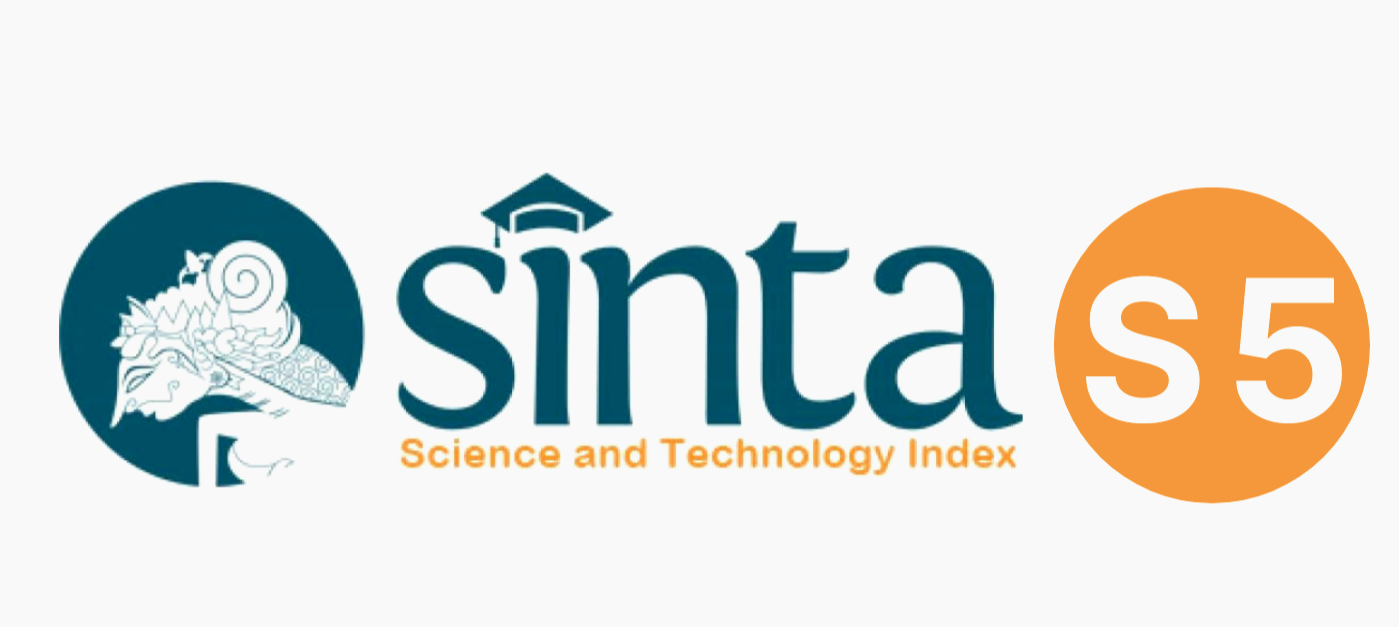Memories of Konfrontasi and Anti-Malaysia Sentiment in Indonesia
 Abstract: 441
/
Abstract: 441
/  Abstract: 341
Abstract: 341
DOI:
https://doi.org/10.47753/je.v5i1.91Keywords:
Indonesia, Malaysia, relationship, memory, and konfrontasiAbstract
Despite Malaysia and Indonesia having similarities in their religious practices, language, and shared ancestry, history has revealed that their relationship constantly fluctuates between peace and hostility. In this paper, we argued that Indonesia’s collective memory of the konfrontasi era has triggered anti-Malaysian sentiment. To elaborate on the answer, first, the constructivism theory regarding identity and interest is used to define the Indonesian sentiment toward Malaysia. Indonesia has a negative sentiment towards Malaysia that distinct from Indonesia's sentiment to other countries. On its negative sentiment toward Malaysia, Indonesia often repeats the slogan of Ganyang Malaysia, which is the infamous slogan from the Konfrontasi era. This paper demonstrated that the ‘false’ collective memory created from the period of Konfrontasi had caused a negative sentiment towards Malaysia. Practically, the sentiment should also be reduced to prevent further escalation with Malaysia since there is already proof that the confrontative attitude toward Malaysia created more damage than the advantage.References
BBC. (2019). Kasus Adelina: Pengadilan bebaskan majikan “penyiksa TKWâ€, anggota parlemen Malaysia sebut “keputusan tragis.â€
Budiawan. (2017). How do Indonesians remember Konfrontasi? Indonesia–Malaysia relations and the popular memory of “Confrontation†after the fall of Suharto. Inter-Asia Cultural Studies, 18(3), 364–375. https://doi.org/10.1080/14649373.2017.1345349
Clark, M. (2013). The politics of heritage: Indonesia-Malaysia cultural contestations. Indonesia and the Malay World, 41(121), 396–417. https://doi.org/10.1080/13639811.2013.804979
Doeppers, D. F. (1972). An Incident in the PRRI / Permesta Rebellion of 1958. Indonesia, 14(14), 182–195.
Guibernau, M. (2004). Nation Formation and National Identity. Belgisch Tijdschrift Voor Nieuwste Geschiedenis/ Revue Belge de Histoire Contemporaine, 34(4), 657–682.
Harris, E. (2009). Ideological Foundations of Nations and Nationalism. In E. Harris (Ed.), Nationalism: Theories and Cases (pp. 21–45). Edinburgh: Edinburgh University Press Stable.
Ho, Y. C. (2019). Making Sense of a Special Relationship. In Special Relationship in the Malay World (pp. 11–56). https://doi.org/10.1355/9789814818193-006
Kelana, M., & Hara, A. E. (2009). Quo-vadis Kekerabatan Malaysia-Indonesia ? Jurnal Komunikasi Massa, 2(2), 97–111.
Larson, D. W. (2012). How Identities Form and Change: Supplementing Constructivism with Social Psychology. In Psychology and Constructivism in International Relations (pp. 57–75). Michigan: University of Michigan Press.
Lebow, R. N. (2020). Affiliations, Bodies, Biographies. In National Identities and International Relations (pp. 107–144). Cambridge: Cambridge University Press. https://doi.org/10.1017/CBO9781316710982.006
Maksum, A., & Bustami, R. (2014). The 1965 coup and reformasi 1998: Two critical moments in Indonesia-Malaysia relations during and after the Cold War. SpringerPlus, 3(1), 1–9. https://doi.org/10.1186/2193-1801-3-45
Nugroho, A. (2015). Pidato Bung Karno Ganyang Malaysia.
Nugroho, A. S. (2016). Soekarno Dan Diplomasi Indonesia. Sejarah Dan Budaya : Jurnal Sejarah, Budaya, Dan Pengajarannya, 10(2), 125–130. https://doi.org/10.17977/um020v10i22016p125
Perdana, I., Melay, R., & Kamaruddin. (1966). Indonesia-Malaysia Confrontation In 1963-1966 ( The Economic Impacts on Society in Tanjung Balai Karimun ), 1966(082169057293), 1–14.
Rohani Hj. Ab Ghani, & Zulhilmi Paidi. (2011). Malaysia-Indonesia : Pengalaman Hubungan Dua Negara Serumpun. Seminar on National Resilience, 223–246.
Sunarti, L. (2013). Menelusuri Akar Konflik Warisan Budaya antara Indonesia dengan Malaysia. SOSIOHUMANIKA: Jurnal Pendidikan Sains Sosial Dan Kemanusiaan, 6(1), 77–88.
Sunarti, L. (2014). Politik Luar Negeri Malaysia terhadap Indonesia , 1957-1976 : Dari Konfrontasi Menuju Kerjasama. Jurnal Kajian Sejarah & Pendidikan Sejarah, 2(1), 65–80.
Wardhani, B. L. S. W. (1999). Indonesia-Malaysia Relations in the Post-Confrontation Era : the Role of the Serumpun Concept. Masyarakat, Kebudayaan Dan Politik, 12(3), 25–44.
Wendt. (2008). Anarchy is what States Make of it : The Social Construction of Power Politics Author ( s ): Alexander Wendt Published by : The MIT Press Stable URL : http://www.jstor.org/stable/2706858. International Organization, 46(2), 391–425.
Windiani, R. (2010). Politik Luar Negeri Indonesia dan Globalisasi. POLITIKA, I(2), 88–98. https://doi.org/10.30965/9783846763841_010
Downloads
Published
Issue
Section
License
Articles published in Jurnal Empirika are licensed under the International License of Creative Commons Allowance-ShareAlike 4.0. The author is free to use any media to copy, change, or redistribute the paper, provided the author gives credit to the original author and this journal, links to the license, shows if modifications have been made, and redistributes it in the same permission. The author grants the right to any third party to use their posts following the Creative Commons Attribution-Share Alike International 4.0.











